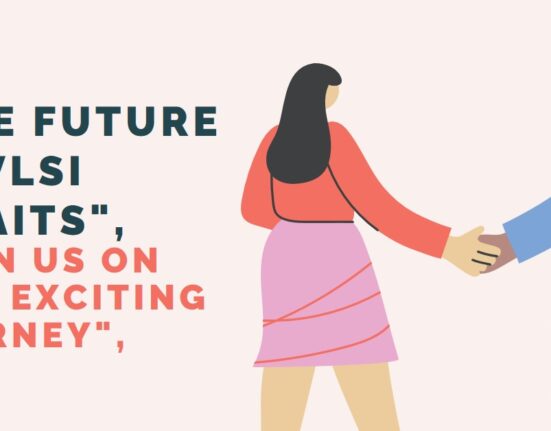Why is it necessary to teach children the basics of programming in the same way that everyone used to want to give them English? Where to start if you are far from computers? Archana Agarwal, CEO of Aark Learnings, shared the below tips for you.
Programming becomes a key skill
Some People learn English easily in childhood, while others do not work at all. But almost all parents send their children to additional language classes. The reason is obvious – without English, it is impossible to get into an international company, it allows you to move freely around the world in the future. The only thing that parents do not take into account is that English is no longer enough to increase the chances of success in the future.
Along with the language, the entire progressive world requires specialists to be able to program, as well as possess other IT skills. This does not mean that everyone is obliged to write complex scripts of a million lines with their own hands – but everyone should understand how to solve problems using technology, which languages and platforms can be used for this. It doesn’t matter who your child is – a techie, a humanist or an artist – digital tools will help him get the job done faster and more efficiently for business. Any progressive spheres and promising professions are already connected with technologies, and further – more.
Programming opens up opportunities
The language of technology and programming is the new English that the whole world speaks. It brings together people of different spheres and nationalities, provides opportunities for innovation and the opening of new companies. Now with programming and IT skills it is easier to find a job, communicate and use technology – and tomorrow it will be impossible to do this in principle without them.
Knowledge of programming allows you to look for a job in an international company, and indeed choose any lifestyle and career. If a biologist not only knows how to observe amphibians, but also knows how to work with big data and machine learning, he will find work in almost any world scientific laboratory. Programmers and IT pros can work from home or move to Silicon Valley or Cyprus and other centers of attraction for developers. At the same time, the developer may not be afraid to change the sphere – today he works in game development, and tomorrow as a programmer at a large factory.
Programming helps to communicate – it only seems that the developer works at home, does not go out and only communicates with the computer. Nowadays, almost no programmer works alone – large projects are implemented only in teams. Some companies even use pair programming – two developers sit at the same computer and constantly exchange ideas. Also, the developer has to work with colleagues from other spheres – for example, in game development, the programmer constantly has to find a common language with game designers, illustrators, screenwriters.
Knowledge of IT technologies also helps to use gadgets with confidence and confidence. Understanding technologies helps to understand the program, even if you do not know English – you understand how programs work in principle, you are looking for menus, the necessary buttons and functions. It is easier for you to understand the interface, configure the application and figure out if it throws an error.
Coding needs to be taught as early as possible in order to find your educational route
The bad news is that there is no single standard or single curriculum for teaching digital skills and programming. English has levels (elementary, intermediate, and so on) that can be tested with tests and exams and understand what topics and skills need to be improved.
There is no such thing in programming – there are no accepted rules of what language to start with, there are no standard programs for immersing a child in the IT world. The choice is so great and varied that the path will be different for each child – because it depends on the skills and hobbies of the child at a particular moment. And the sooner the parent understands this, the easier it will be for the child to take the first steps.
Now you can start learning programming in the first grade. Naturally, these should be simple tools specially created for these tasks. You can find your own approach: a creative child in Scratch will learn how to draw and animate characters, a math lover will be able to create games there, focusing on logic and programming. Both will master digital tools, learn to work with a computer, create their own projects, but they will do it in a way that is closer to everyone. So everyone, an artist or a scientist,
But building an educational route is a separate task. To do this, you need to understand how programming languages exist, for what tasks they are needed, at what point you need to move from studying one topic to another. You also need to come up with projects and other tasks that will help your child learn the language.
To do this, you will have to study programming ahead of the child or read large quantities of special literature. Better to use the help of professionals and educate your child in schools or courses where teachers will assess his abilities, select classes according to desires and interests, and build a path along which the child will move towards the IT sphere.
And then the child, at the age of 13-14, the child will have a broad idea of what technologies, languages and professions in IT are, he will understand what exactly he wants to do. Moreover, he will own the tools that professionals use in their work, will understand their abilities and interests. And even if he feels that his vocation is not to program, but to manage, he will be able to speak with the future team of engineers in the same language and understand what kind of people he needs to hire for the project.






